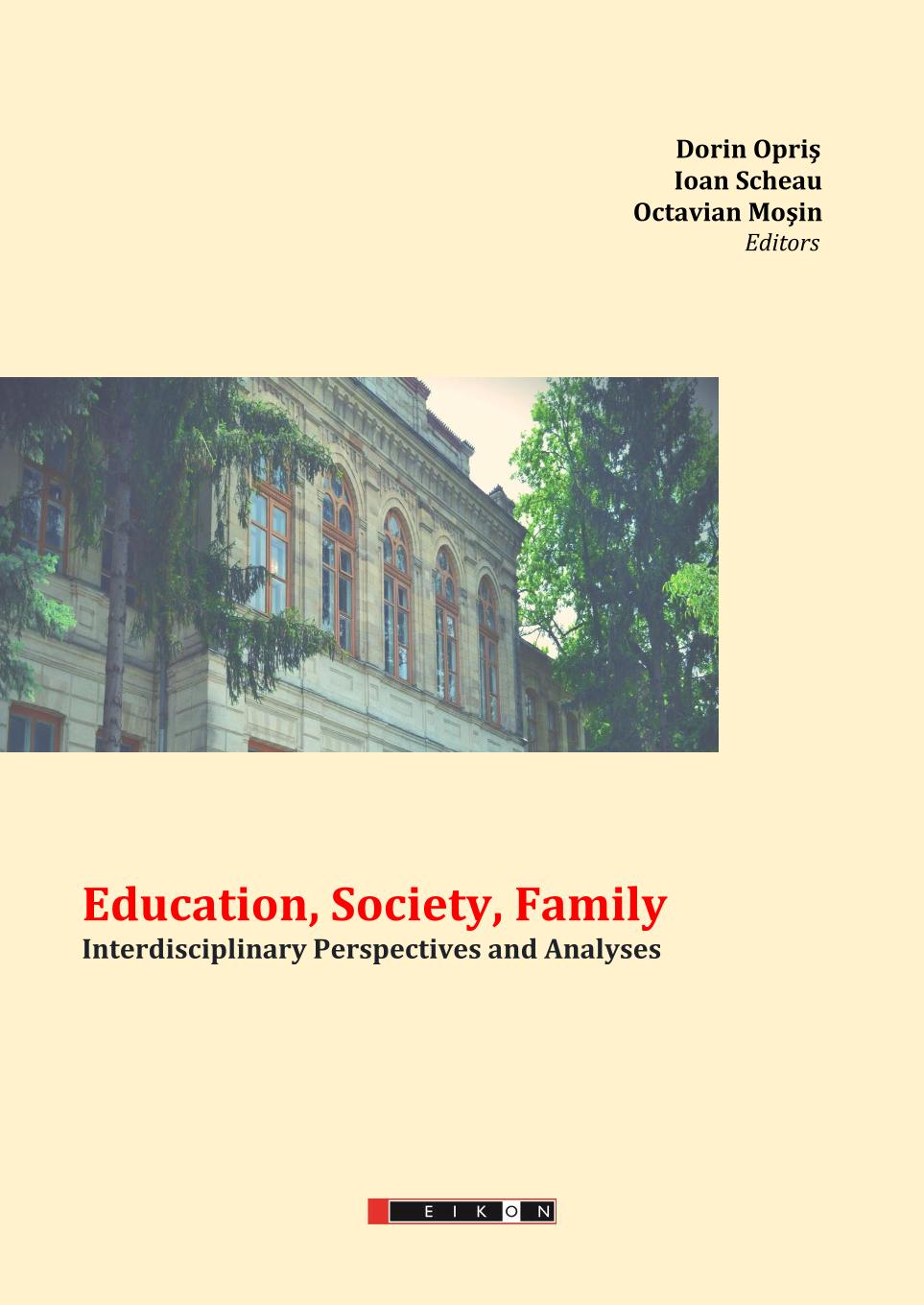AUTONOMY OF THE SMALL SCHOOL CHILD IN CARRYING OUT EXPERIMENTS SPECIFIC TO NATURAL SCIENCES
AUTONOMY OF THE SMALL SCHOOL CHILD IN CARRYING OUT EXPERIMENTS SPECIFIC TO NATURAL SCIENCES
Author(s): Daniela Căprioară, Liliana Novac
Subject(s): Education, Higher Education , Pedagogy
Published by: Editura Eikon
Keywords: experiment; natural sciences;autonomy; learning through discovery;
Summary/Abstract: The basis of the objective understanding of the surrounding reality is the exploration of empirical knowledge. Questions like "Why?", "How?" or "Where from?" have always appeared against the background of children's overflowing curiosity about the natural phenomena that happen around them. The answers given on the basis of scientific explanations, in general, to each question, may exceed their capacity for understanding. Is the experiment the easiest "way" for the child to discover scientific truths? Is it important, especially in science classes? Can the student perform experiments autonomously? This is what we set out to demonstrate in this paper: the importance of the experiment in natural science classes, but also the extent to which third and fourth grade students have autonomy in doing so. For this purpose, we applied the analyze method of school documents, in order to highlight the number of experiments proposed in school textbooks that can be carried out autonomously (without adult support / supervision).
Book: Education, Society, Family. Interdisciplinary Perspectives and Analyses
- Page Range: 8-13
- Page Count: 6
- Publication Year: 2021
- Language: English
- Content File-PDF

